Remembering Lenin

On this day 155 years ago, Lenin was born in Tsarist Russia. An unapologetic Marxist and brilliant revolutionary strategist, he lived much of his life as the leader of the Bolshevik Party, which led the Russian working class and peasantry toward the triumphant conclusion of the socialist revolution of October 1917, and the building of the first ever democratic workers’ state in the world. Lenin’s contribution to history cannot be overstated.
The Pointless Debate over Bumiputera Quotas Between Racists and Meritocrats
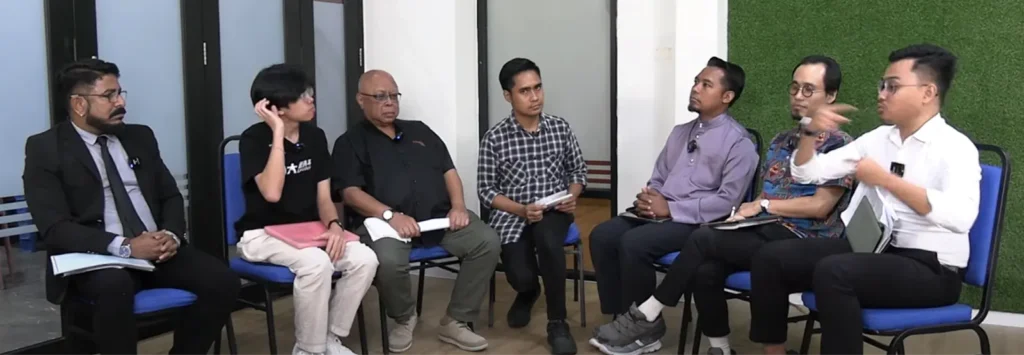
“In a planned economy that serves the needs of human beings, there would be no need for such moralistic alternatives to racist quotas as merit, which presupposes in the first place a competitive economy that ultimately serves the needs of the wealthy and powerful. At best it is a coping mechanism on the part of the petty bourgeois who have had trouble dealing with the myth of upward mobility all crumbling down on him at once; at worst it is a cruel insult callously thrown at the workers of the world who feed, clothe, and shelter all of us, and who have brought us all the technological wonders of the world not because, but in spite, of their exploitation.”
Public Health for Profits: Malaysian healthcare at the crossroads
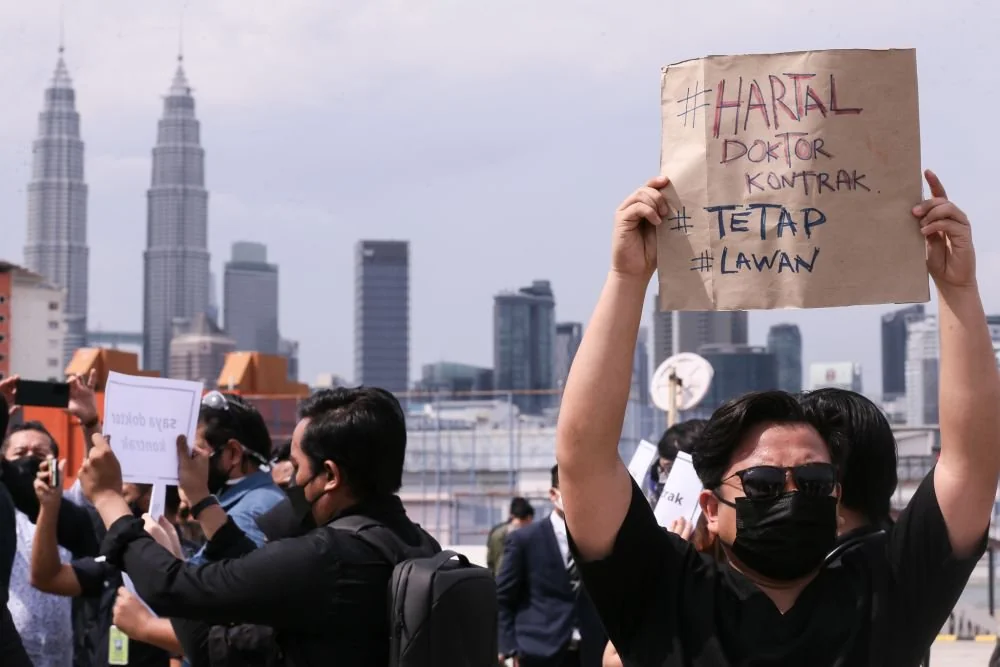
The Madani state’s reform agenda has since its rise to power in 2022 turned out to include not only intensifying the exploitation of public health workers via its brutal imposition of one austerity policy after another, but also its continued push for privatization. The lesson could not be any clearer: once the profit motive enters the equation, healthcare ceases to prioritize human need. If the mantle is not taken up by the working class to organize collectively and resist these neoliberal policies, the complete collapse of our public healthcare system becomes not a question of if, but when.
The Reformist Doctor Who Treats the Symptom, Not the Cause
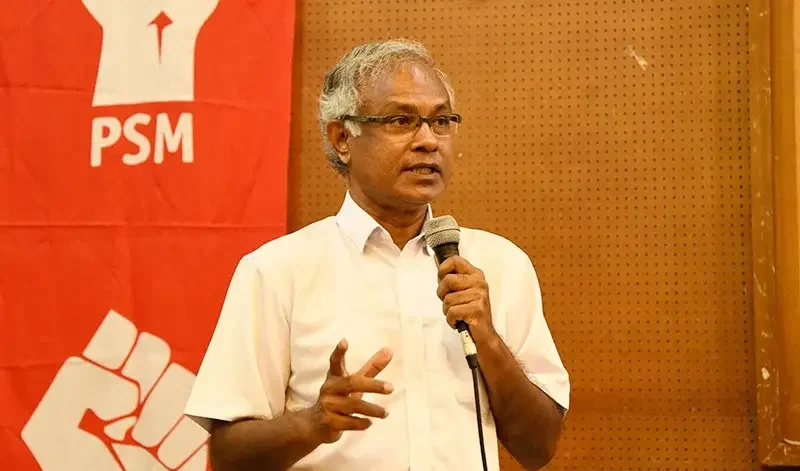
Because PSM does not recognize, as we do, the material fact that the state is nothing more than an instrument of the ruling class—that is, a tool for domination of one class over another—thus it is at best reluctant, and at worst unwilling, to challenge the capitalist state at its core. Instead, its strategy revolves around operating within the constraints of the existing system, lobbying for reforms and seeking the support of progressive liberal allies along the way, promising to curb the excesses of capitalism.
Solidarity with Nurses and Healthcare Workers Against 45-Hour Work Week!
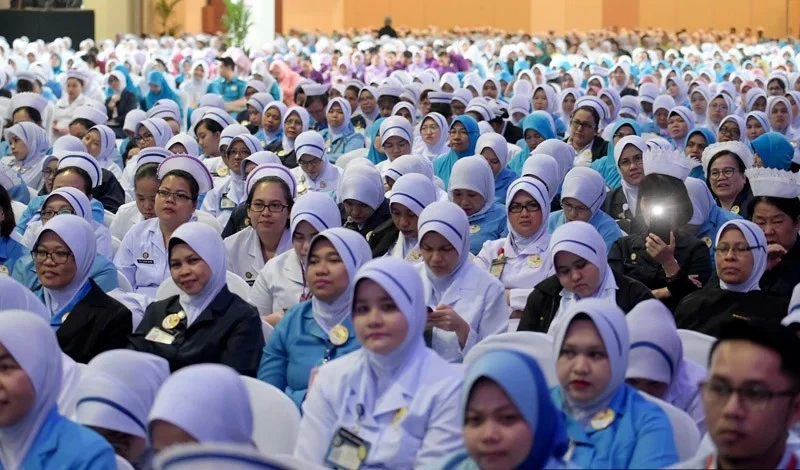
The government can never, and will never, treat our nurses and doctors fairly, so long as it remains pro-capitalist, not pro-worker. This was the case in the BN-UMNO era, and so is it now with this “progressive” Madani state. So long as the capitalist economic system of general labor exploitation remains unchallenged, and so long as capitalist politics remains the order of the day, all public services, healthcare included, can never truly serve the public — laborers and consumers alike.
Book Review: Megathreats
Tony Saunois reviews ‘Megathreats: The Ten Trends that Imperil Our Future, and How to Survive Them’ by Nouriel Roubini Capitalism’s ‘Megathreats’ Many bourgeois economists have tended to put a gloss on the deep systemic crisis facing world capitalism. They have often seized upon this or that marginal piece of “good” news to empirically conclude that […]
Malaysia: Fractured political parties head into general election as economy worsens
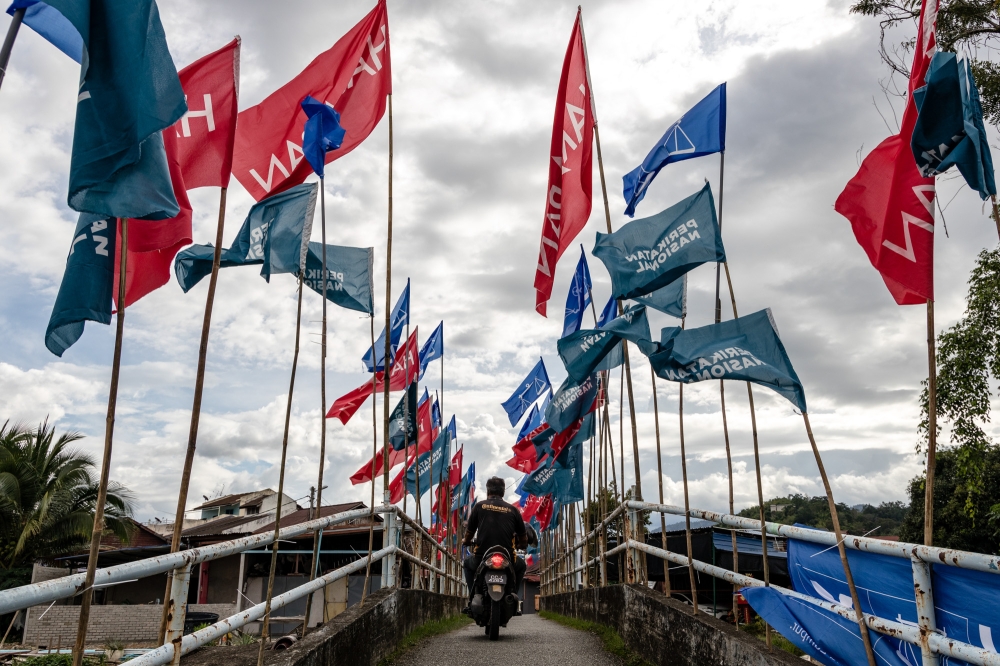
In the midst of monsoon season which is expected to cover 25% of the landmass in Malaysia with heavy floods, the Prime Minister dissolved the parliament and directed the Electoral Commission to schedule a general election in the coming two months. Although the current coalition government could constitutionally stay in power until July next year, […]
How did Marcos Jr, son of an infamous dictator, win the Philippines election?
In a landslide victory, Ferdinand Marcos Jr., better known as Bong Bong Marcos or simply BBM, is to become the new president of the Philippines in late May. The son and namesake of the infamous dictator, Ferdinand Marcos, managed to get 31 million votes, more than double the amount of his closest rival and current […]
One year after the military coup in Myanmar, mass resistance continues
2022 has seen great courage by the Myanmar people, who remain steadfast against the coup carried out by the military Tatmadaw regime. The news of Aung San Suu Kyi’s four-year prison sentence was received with widespread scepticism, and the detention of the 75-year-old leader is seen as nothing but dirty tactics by the regime. This […]
Malaysia: Government loses majority, but same coalition maintains power
On Friday 20 August, Ismail Sabri was chosen by Malaysia’s king to be prime minister – the country’s third in three years. The 17 month-old government of the ‘National Coalition’ (PN – Perikatan Nasional) under Prime Minister Muhyiddin Yassin collapsed when 15 MPs from UMNO (United Malays National Organisation), which was part of this coalition, […]

